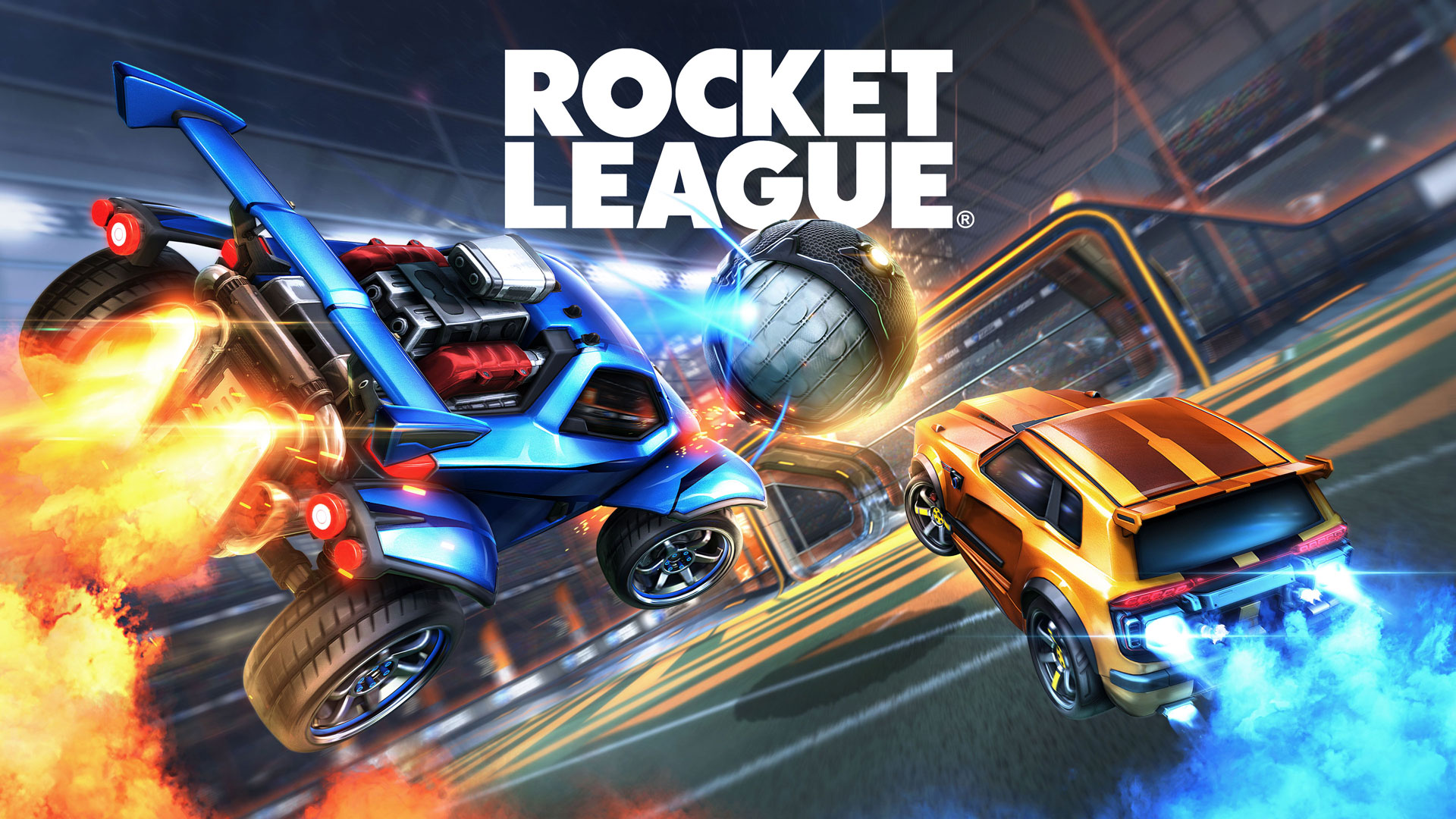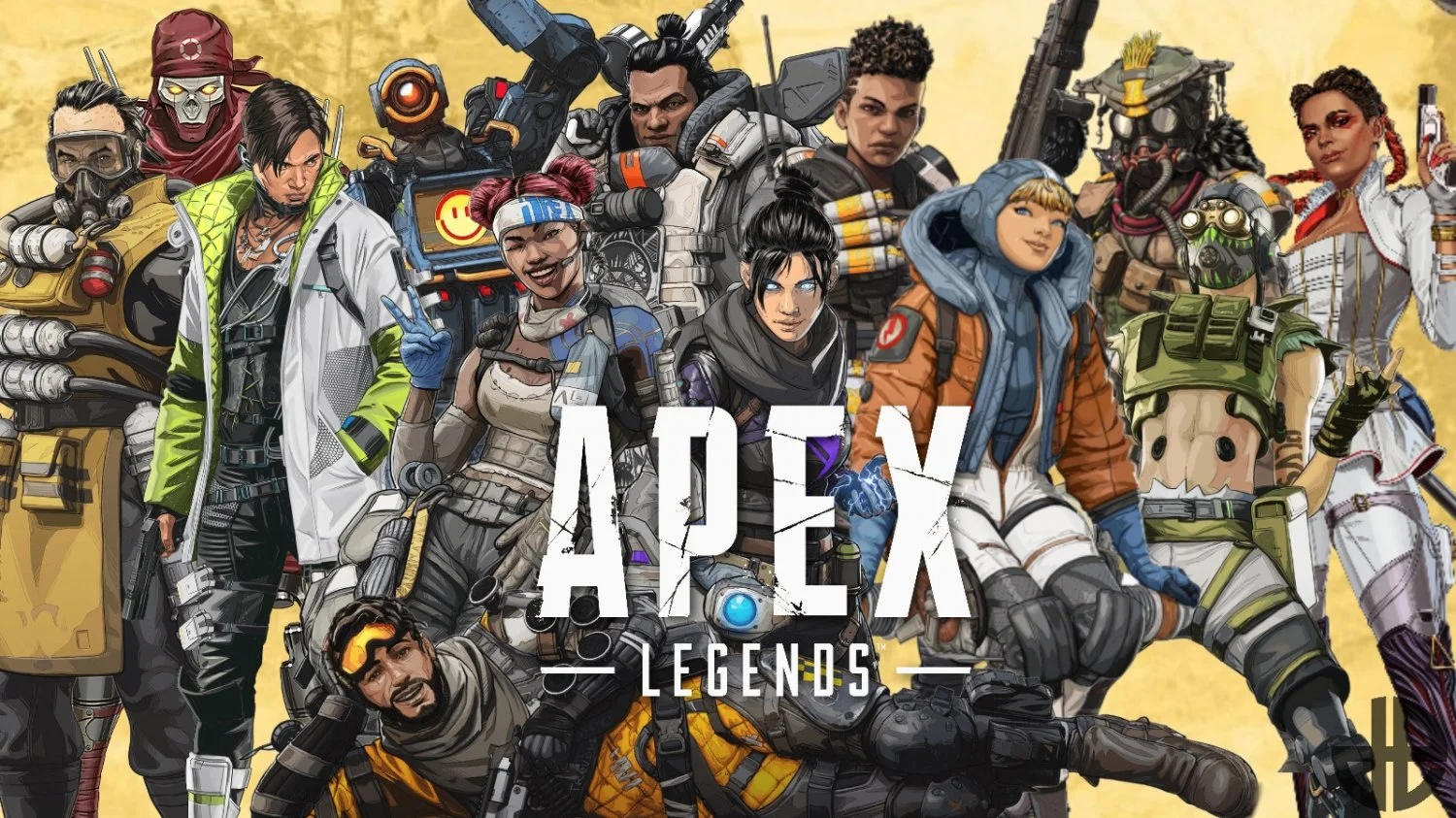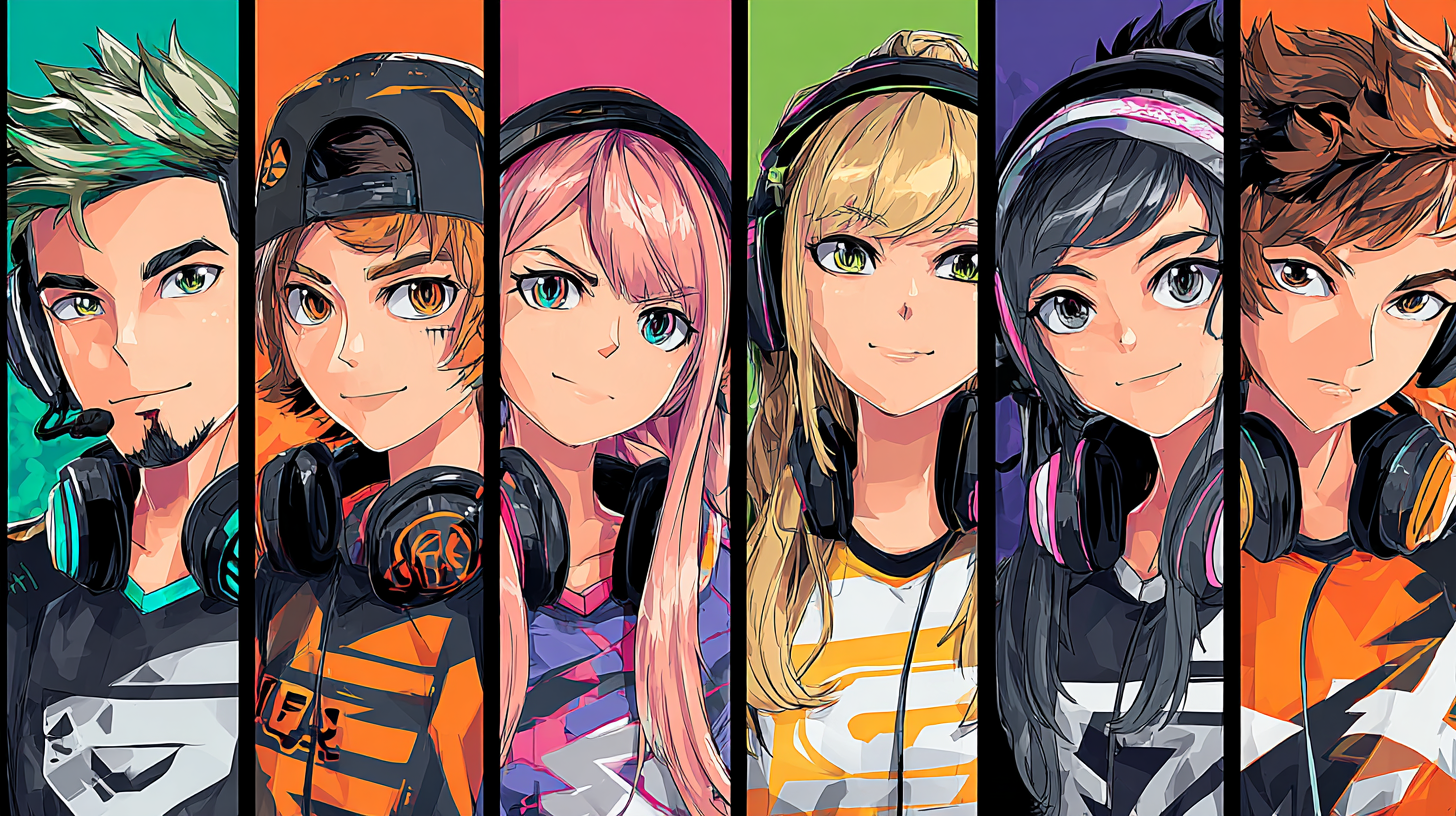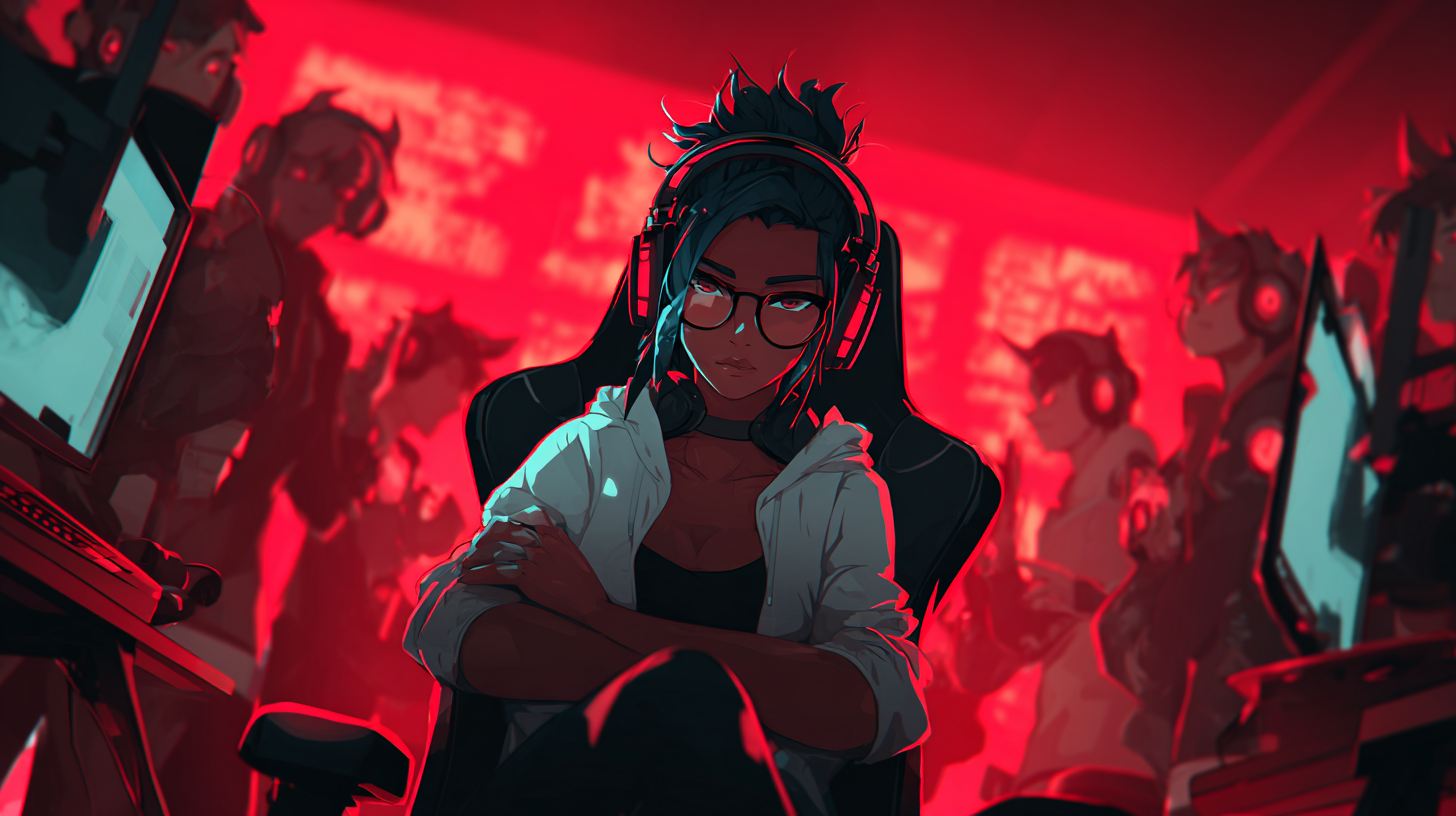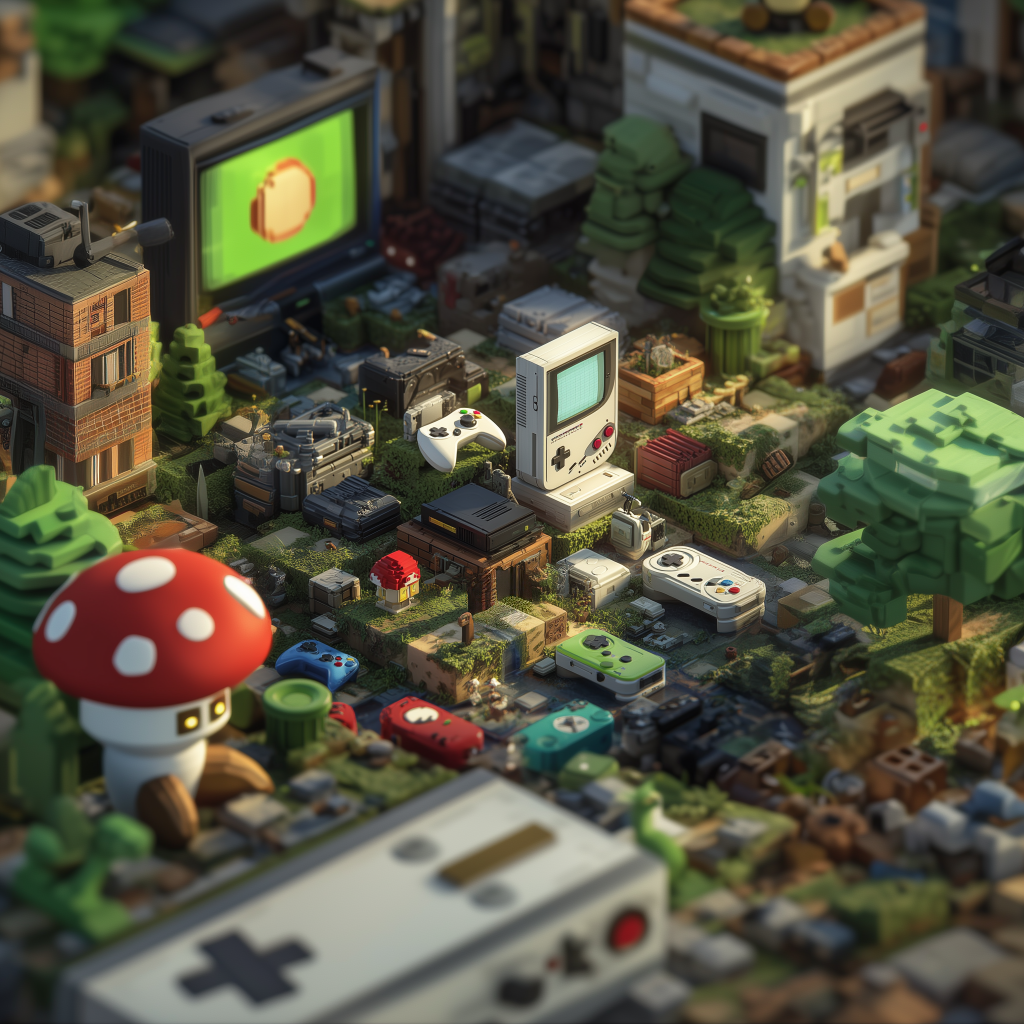A Diamond 3 hits an insane ceiling shot. His teammate wasn't expecting it, misreads the play, and they both end up in the opponent's corner. Easy counter-attack goal. Meanwhile, a coordinated Platinum team with basic aerials wins through perfect rotation timing and boost management.
This scenario plays out thousands of times daily in Rocket League. The game's physics-based nature creates a unique dynamic where team chemistry and coordination often trump individual mechanical prowess. Understanding why this happens – and how to leverage it – is the key to competitive success whether you're grinding 2v2 or pushing 3v3 ranked.
Introduction
Rocket League differs from most competitive games in one critical way: positioning errors are punished almost instantly. In League of Legends or Valorant, you have frames to react to teammate mistakes. In Rocket League, traveling at supersonic speed, a single rotation miscommunication means a goal against you in under three seconds.
This creates an environment where three mechanically average players with perfect rotation sync will consistently beat three mechanically superior players who don't trust each other. After analyzing hundreds of ranked matches across all ranks, the data is clear: teams with strong chemistry maintain 15-20% higher win rates than equal-skill solo queue players.
While finding compatible teammates can be challenging, platforms like Jynx are making it easier by prioritizing playstyle compatibility and rotation understanding alongside mechanical skill.
Why Mechanics Alone Don't Win Games
The Rocket League community often obsesses over mechanical skill: flip resets, ceiling shots, air dribbles, musty flicks. These skills look impressive and absolutely have their place at high ranks. But they create a dangerous illusion that mechanics alone determine rank.
The Mechanical Skill Trap
Here's what typically happens to mechanically talented players without good teammates:
Over-reliance on Solo Plays: They attempt difficult mechanical plays that work in free play but fail under defensive pressure. Without coordinated follow-up from teammates, failed attempts become counter-attacks.
Rotation Ignorance: Focusing heavily on mechanics often means neglecting rotation fundamentals. They might hit an incredible aerial but land in their teammate's rotation path, creating defensive vulnerability.
Boost Starvation: Mechanical plays consume enormous boost. When teammates don't coordinate boost management, everyone's constantly boost-starved and unable to defend properly.
Inconsistent Success: Mechanical plays have lower success rates than fundamental plays. A team relying on mechanics will have wildly inconsistent results – stomping one game, getting stomped the next.
The Consistency Advantage
Teams with strong chemistry prioritize consistent, high-percentage plays:
- Simple passes that always work over attempted flip reset passes that succeed 30% of the time
- Coordinated challenges where one player commits knowing their teammate has defensive coverage
- Boost management that ensures someone always has enough boost to make defensive plays
- Positioning that makes saves easier rather than requiring spectacular saves
This consistency compounds over a match. The mechanical team might score more highlight goals, but the coordinated team scores more total goals and concedes fewer.
Trust: The Invisible Stat That Determines Everything
Trust is Rocket League's hidden MMR modifier. Teams with high trust play effectively 2-3 ranks above their mechanical skill level.
What Trust Looks Like In-Game
Trusting Rotations: When you know your teammate will be back post, you can challenge aggressively without hesitation. Without trust, you hesitate on 50/50s, giving opponents more time and space.
Trusting Touches: Your teammate passes the ball across the field. With trust, you're already positioning for the shot before the ball arrives. Without trust, you wait to see where it goes, arriving late for a weak touch.
Trusting Boost Management: You grab corner boost knowing your teammate won't be boost-starved and unable to defend. Without trust, you hesitate, leaving boost for opponents or creating situations where everyone's low on boost.
Trusting Decisions: Your teammate makes an aggressive challenge that seems risky. With trust, you adjust positioning to cover. Without trust, you assume they'll fail and position conservatively, leaving gaps in defensive coverage.
How Trust Develops
Trust isn't automatic – it builds through repeated positive interactions:
Games 1-5: Testing phase. Players observe if teammates follow through on rotations and make smart decisions.
Games 6-15: Pattern recognition. You start predicting partner positioning and timing. Small trust deposits accumulate.
Games 16-30: Implicit coordination emerges. You make plays assuming your teammate will be in position – and they are.
Games 30+: Full trust. Both players take risks knowing the other has their back. This unlocks coordinated plays impossible without chemistry.
Smart matchmaking platforms accelerate trust development by connecting players with compatible playstyles and decision-making tendencies from the start.
Rotation Sync: The Foundation of Team Chemistry
Perfect rotation sync looks like choreographed dance. Each player knows exactly when to challenge, when to support, and when to retreat – without voice communication.
The Three Rotation Principles
1. Positional Awareness Without Looking
Great teams develop spatial awareness of teammate positions through audio cues, game sense, and pattern recognition. They don't need to camera-check their teammate's location constantly – they know based on recent actions.
2. Temporal Coordination
It's not just about being in the right position, but being there at the right time. Rotation sync means arriving at back post exactly when the ball is being cleared, not two seconds early or late.
3. Boost Path Deconfliction
Teams with rotation sync naturally take different boost pad paths. They're never both grabbing the same corner boost because their rotations naturally use different pad routes.
What Breaks Rotation Sync
Even good teams can lose rotation sync under pressure:
Tilt-Induced Rushing: One player gets frustrated and starts rotating too fast, constantly arriving ahead of where they should be. This cascades into the entire team rushing rotations.
Boost Panic: Someone gets boost-starved and makes a desperate play out of position. This breaks the rotation sequence, and teams struggle to re-establish rhythm.
Mechanical Temptation: A player attempts a mechanical play they can't consistently hit. They whiff, land in a bad position, and throw off the rotation pattern.
Pressure Situations: When losing, teams often abandon their established rotations to "force something to happen," creating chaos that makes comebacks less likely.
Maintaining rotation discipline when it's not working is what separates teams that have chemistry from teams that just got lucky for a few games.
Communication: The Chemistry Accelerator
Communication in Rocket League isn't about constant chatter – it's about high-value information delivered at the right moments.
Effective Communication Types
Boost Status: Simple number callouts ("30 boost", "zero boost", "good") prevent situations where nobody can make defensive plays.
Positional Callouts: "I'm back", "you take it", "I'm low" – minimal words that clarify rotation ambiguity.
Tactical Decisions: "Let them have it" (don't challenge), "pressure" (apply aggressive challenges), "slow down" (take time off clock).
Mental Resets: "All good", "no problem", "next one" – maintaining positive mental especially after mistakes.
Quick Chat Language Development
Teams develop shared quick chat meaning:
- "Take the shot!" might mean "I'm passing" or "I'm not challenging, you do it"
- "I got it!" could mean "I'm challenging" or "I'll be in position for the redirect"
- "Defending" communicates "I'm going back post" or "Low boost, can't commit"
The specific meanings matter less than both partners interpreting them identically.
Voice vs No Voice Chemistry
Interestingly, many top Rocket League teams use minimal or no voice communication. The game moves too fast for detailed verbal coordination. What matters is both partners having the same communication preference:
Voice Teams: Quick, concise callouts focused on boost and positioning Quick Chat Teams: Standardized quick chat vocabulary both partners understand Silent Teams: Pure game sense and positioning reads
Mismatched communication preferences harm chemistry. An active voice comms player paired with a silent player creates frustration on both sides.
Ready to find your perfect gaming squad? Jynx connects you with compatible Rocket League teammates who naturally mesh with your playstyle, communication preferences, and rotation tendencies through streamlined matching features.
The Rank Compression Effect
Team chemistry creates a fascinating rank compression phenomenon in Rocket League:
Solo Queue vs Team Queue Rank Gaps
Many players experience significant rank differences between solo queue and team queue:
- Solo queue: Diamond 1 (relying on mechanics, inconsistent teammates)
- Team queue with chemistry partner: Diamond 3 (consistent rotations, trust-based plays)
This isn't boosting – it's unlocking your actual competitive potential through coordination.
The Mechanical Plateau
Around Champ 1-2, mechanics alone stop carrying you. The mechanical skill gap between Champ 1 and Grand Champ is smaller than most think. The coordination gap is enormous.
This is why:
- Mechanically gifted players plateau at Champ 1-2 without team chemistry
- Teams of solid Champ 1 players with chemistry can push Champ 3
- SSL players can look beatable when paired with random teammates
Chemistry as the Skill Multiplier
Think of it mathematically:
Solo Players: Skill Level × 1.0 = Effective Rank Good Chemistry: Skill Level × 1.2 = Effective Rank Excellent Chemistry: Skill Level × 1.4 = Effective Rank
A team of Diamond 2 players (skill level 10) with excellent chemistry (10 × 1.4 = 14) plays at Diamond 3/Champ 1 level. Meanwhile, a team of Diamond 3 players (skill level 11) with poor chemistry (11 × 0.8 = 8.8) plays at Diamond 1 level.
Building Chemistry Quickly: Practical Steps
You've found a potentially compatible teammate. How do you build chemistry fast?
The 10-Game Calibration
Games 1-3: Observe
- Note their rotation tendencies (fast vs patient)
- Watch their boost collection patterns
- Identify their mechanical comfort zones
Games 4-6: Adapt
- Adjust your positioning to complement their style
- Test different rotation patterns
- Establish basic communication patterns
Games 7-10: Coordinate
- Attempt passing plays
- Practice coordinated challenges
- Build trust through consistent positioning
After 10 games, you should know if you have natural chemistry or if it requires more work.
Training Pack Coordination
Use training packs together to practice:
- Passing plays: Both players learn timing
- Defensive rotations: Practice back post coverage
- Boost management: Coordinate pad collection routes
- Mechanical combinations: Build plays suited to both players' skills
20 minutes of focused training builds more chemistry than 2 hours of random queuing.
Establishing Team Identity
Successful teams develop identity:
Playstyle Definition: Are you a patient team that waits for mistakes or an aggressive team that applies constant pressure?
Role Clarity: Who's the primary striker? Who anchors defense? Who controls boost management?
Communication Standards: What callouts do you use? What information gets shared?
This clarity prevents the confusion that kills chemistry.
When Chemistry Beats Mechanics: Real Scenarios
Let's examine specific in-game scenarios where chemistry trumps mechanics:
Scenario 1: The 2v1 Defensive Situation
Mechanical Team: Both players attempt to make the spectacular save. Both commit to the same ball, leaving an open net after the opponent's second touch.
Chemistry Team: One player challenges, the other covers post. Even if the challenge fails, the second player has an easier save because they're already positioned correctly.
Result: Chemistry team saves it 85% of the time. Mechanical team saves it 40% of the time.
Scenario 2: The Offensive Boost Starvation
Mechanical Team: Both players low on boost try mechanical plays that require boost. Plays fail, opponents get easy counter-attack while both are boost-starved on opponent's half.
Chemistry Team: One player recognizes mutual boost starvation and rotates back to collect boost and provide defensive coverage. Other player makes simpler play that doesn't require boost. Team maintains defensive posture.
Result: Chemistry team concedes on 20% of these situations. Mechanical team concedes on 65%.
Scenario 3: The Awkward 50/50 Ball
Mechanical Team: Ball is between both players. Neither knows who should challenge. Both hesitate, opponent gets free hit. Or both commit, double commit occurs.
Result: Terrible outcomes 70% of the time.
Chemistry Team: Established protocols determine who challenges based on positioning, boost, or predetermined roles. Clean challenge occurs without verbal communication.
Result: Favorable outcomes 80% of the time.
These scenarios happen 10-15 times per game. The cumulative advantage is massive.
How to Find Chemistry-Compatible Teammates
Traditional methods of finding teammates prioritize the wrong factors:
Discord LFG: "Diamond 3, need teammate, be good"
- Focuses only on rank
- Ignores playstyle compatibility
- Results in trial-and-error through dozens of partners
Random Adds After Good Games:
- Sample size of one game (could be luck)
- No information about long-term compatibility
- Often chemistry doesn't translate across sessions
Friend Groups:
- Assumes friendship equals gaming compatibility
- Often friends have completely incompatible playstyles
- Creates social pressure to keep playing together despite poor chemistry
The Modern Approach
Modern matchmaking platforms improve the teammate discovery process by considering:
Playstyle Matching: Pairs defensive players with aggressive players or matches similar styles based on preference
Rotation Preference Analysis: Connects players who prefer similar rotation tempos and positioning
Communication Style: Matches voice-chat-active players together and quiet players together
Schedule Compatibility: Ensures you can actually play together consistently for chemistry to develop
Mechanical Skill Balance: Pairs complementary skill sets rather than just matching ranks
This approach dramatically increases the likelihood that your first games together feel natural rather than forced.
Conclusion
Rocket League's physics-based, split-second gameplay makes team chemistry more valuable than mechanical skill. While fancy mechanics create highlight clips, consistent rotation sync, trust-based positioning, and coordinated boost management win games.
A team of Platinum players with excellent chemistry will regularly beat Diamond solo queue players. A team of Diamond players with chemistry will push into Champ. The mechanical ceiling matters at the highest ranks, but below Grand Champ, chemistry is the true differentiator.
The best part? Chemistry can be developed and improved faster than mechanics. While learning a new aerial mechanic might take 20 hours of training, building basic chemistry with a compatible partner can happen in 10 games if you start with aligned playstyles.
Stop grinding solo queue hoping to get better teammates. Start building chemistry with compatible partners who complement your playstyle, and watch your rank climb as coordination unlocks your competitive potential.
Download Jynx today and find Rocket League teammates who match your rotation style, communication preferences, and competitive goals – chemistry-compatible partners who help you win through coordination, not just mechanics.
Frequently Asked Questions
Q: At what rank does mechanical skill become more important than chemistry? A: Around Grand Champ 2-3, the mechanical baseline is high enough that chemistry alone won't compensate. But even at SSL, teams with both chemistry AND mechanics beat teams with just mechanics.
Q: How many games does it take to know if you have chemistry with someone? A: Most players can tell within 5-10 games if the partnership feels natural. If you're still having frequent rotation conflicts after 15-20 games, you likely have fundamental compatibility issues.
Q: Can you build chemistry without voice communication? A: Absolutely. Many successful Rocket League teams use only quick chat or no communication at all, relying entirely on game sense and pattern recognition. The key is both partners having the same communication preference.
Q: What if my teammate has better mechanics than me? A: Perfect situation if you have good game sense and positioning. The mechanical player creates opportunities while you provide consistent support and defensive coverage. Complementary skills often work better than identical skills.
Q: How do you maintain chemistry over long sessions? A: Take breaks after 3-5 game losing streaks, do training packs together to reset mental, communicate about adjustments needed rather than letting frustration build. Teams with good chemistry protect their chemistry actively.
